History is full of pivotal moments, and while there are more moments than we can mention in a simple article, we can still take some time to get familiar with a few of the most important major historical events. Discover what events in US and world history have shaped the world we live in today. In this article, you’ll find a handful of monumental events to inspire you to continue researching!
| Event | Era / Year |
|---|---|
| The Renaissance | 1300s-1500s |
| The Gutenberg Press | 1440-1455 |
| The Mughal Empire | 1526-1857 |
| The Industrial Revolution | 1760-1840 |
| The American Revolution | 1765-1783 |
| The French Revolution & Napoleonic Wars | 1789-1815 |
| The Gettysburg Address | 1863 |
| The Suez Canal | 1869 |
| World War I | 1914-1918 |
| The Russian Revolution | 1917-1923 |
| The Third Reich | 1924-1929 |
| The Great Depression | 1929-1941 |
| World War II | 1939-1945 |
| The Chinese Civil War | 1945-1949 |
| The Cold War | 1945-1991 |
| The Launch of Sputnik 1 | 1957 |
| September 11, 2001 | 2001 |
| The Birth of the Internet | 1965-1995 |
| The Arab Spring | 2010-2011 |
| The Paris Agreement | 2015 |

1. The Renaissance: c.1300s - 1500s
Although the Renaissance as we understand it today is far from the romanticized (pun intended) version we used to associate with the word, it’s still inarguably an era of incredible advancement that kicked off the modern era in the Western world.
While the biggest strides in European society took place in the upper classes, the long-term effects can be seen.
Even though common folk wouldn’t have benefited largely from all the paintings and sculptures created at the time, those same artworks later became a point of great importance in world heritage (and especially in the French Revolution).
Other important inventions and advancements from this time include: the beginnings of city and civil planning, the development of government (republics and democracies), increased literacy rates, the idea of classical scholarship, religion and philosophy, and science and technology.
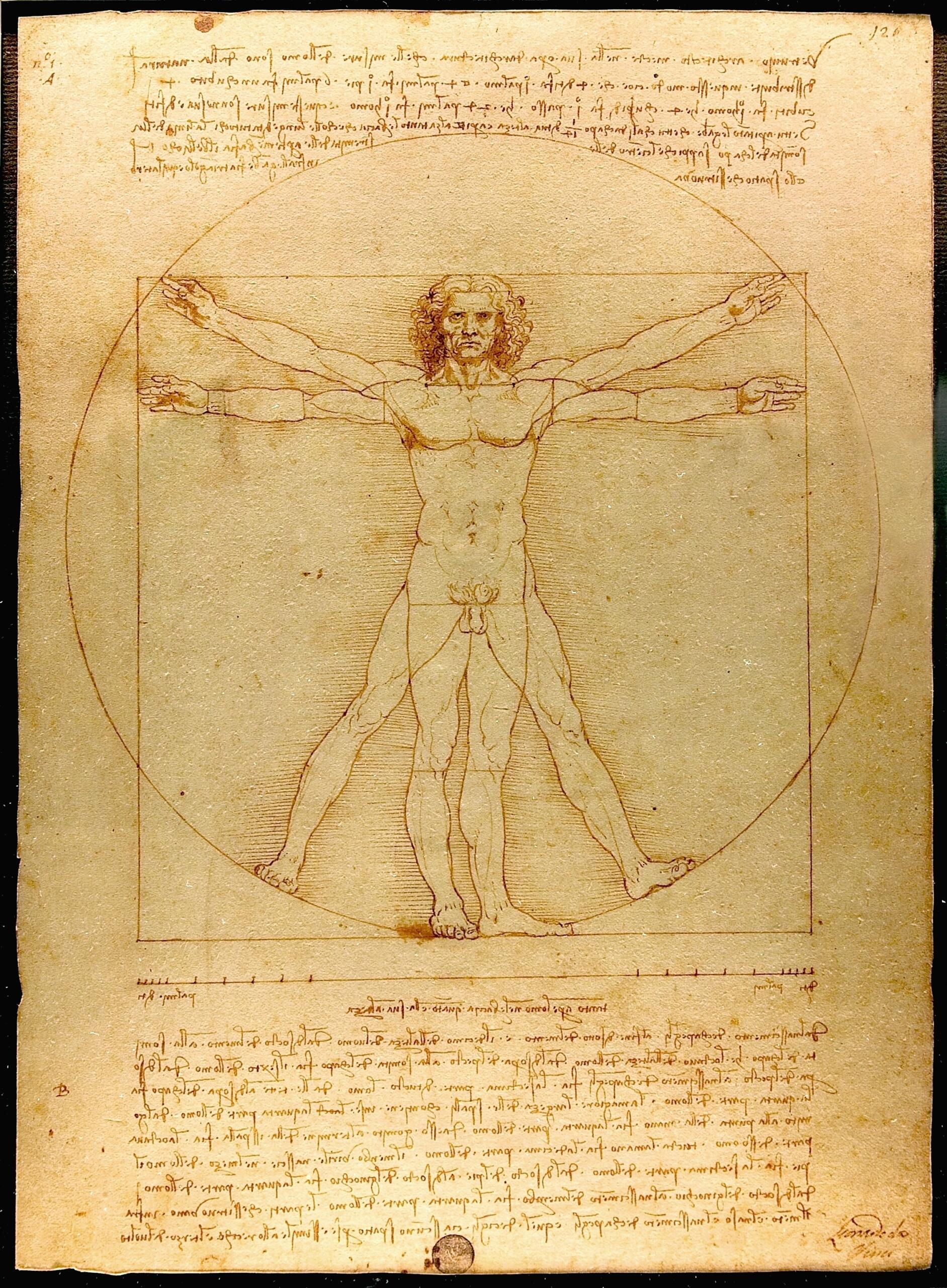
During this time, the stage was set for many changes in Europe due to the complex relationships and statuses of wealthy families.
In 1527, the Renaissance almost uniformly ended with the fall of Rome.
Study history! Find an AP US history crash course here on Superprof!
2. Invention of the Gutenberg Press: 1440 - 1455
Going hand-in-hand with the Renaissance was the invention of movable type and, specifically, the implementation of a screw-down mechanism on the press. Other mass-printing devices had already been invented in ancient China (9th century) and Korea (14th century). Johann Gutenberg, however, was in the right time and place for his invention to take off in a way the other printers hadn’t, although not in his lifetime.
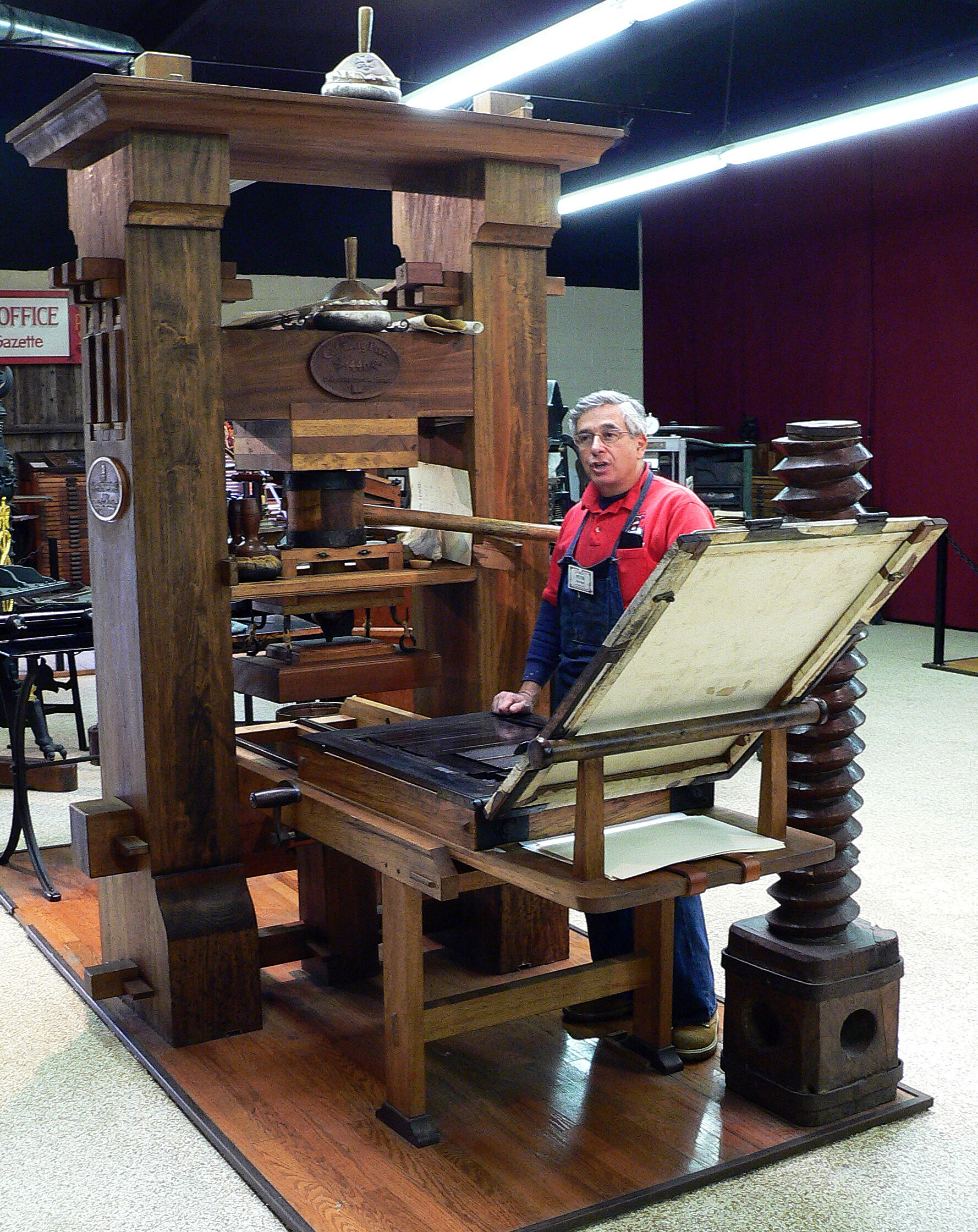
Even though Gutenberg died penniless in 1468, since nobody was buying books, other German printers who were using his invention were able to go instead to Italy and distribute their printed materials (mostly the Bible, select classical texts, and newspapers) to more literate masses.
For the first time, masses of people could learn of “breaking” news from elsewhere faster than ever before. They could go to the local pub or town square and listen to a paid speaker read the news aloud (since many people were still illiterate when text distribution first launched).
Consider the evolution of this activity through the ages: the invention of radio and TV, the 24-hour news cycle, and now, the internet.
Ideas spread rapidly, contributing to the incredible speed at which ideas and knowledge permeated and evolved in the Renaissance. The world would be far behind where we are now had the printing press been invented later.
3. The Mughal Empire: 1526 - 1857
Although not frequently discussed in history classes in the US, the actions of the Mughals are arguably among the 10 most important events in world history.
The Mughal Empire was a powerful Islamic dynasty that ruled over the Indian subcontinent for about 300 years.
Their reign is complicated for modern-day Indians because the Mughals both pillaged the Hindu aspects of India and brought about great innovations, like political unification, economic prosperity, and flourishing culture.
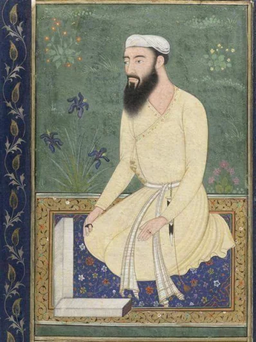
Their decline is how the British East India Company was able to establish strong colonies in the subcontinent, ultimately leading to the British Raj (British rule in India). The British, unfortunately, caused a lot of problems in India, leading to lasting disharmony and disorganization that the country is still trying to overcome.
4. The Industrial Revolution: 1760 - 1840
Obviously one of the most important historical events affecting modern life, the Industrial Revolution was the time of rapid advancement in agriculture, energy, metal crafting, textiles, chemicals, and transportation.
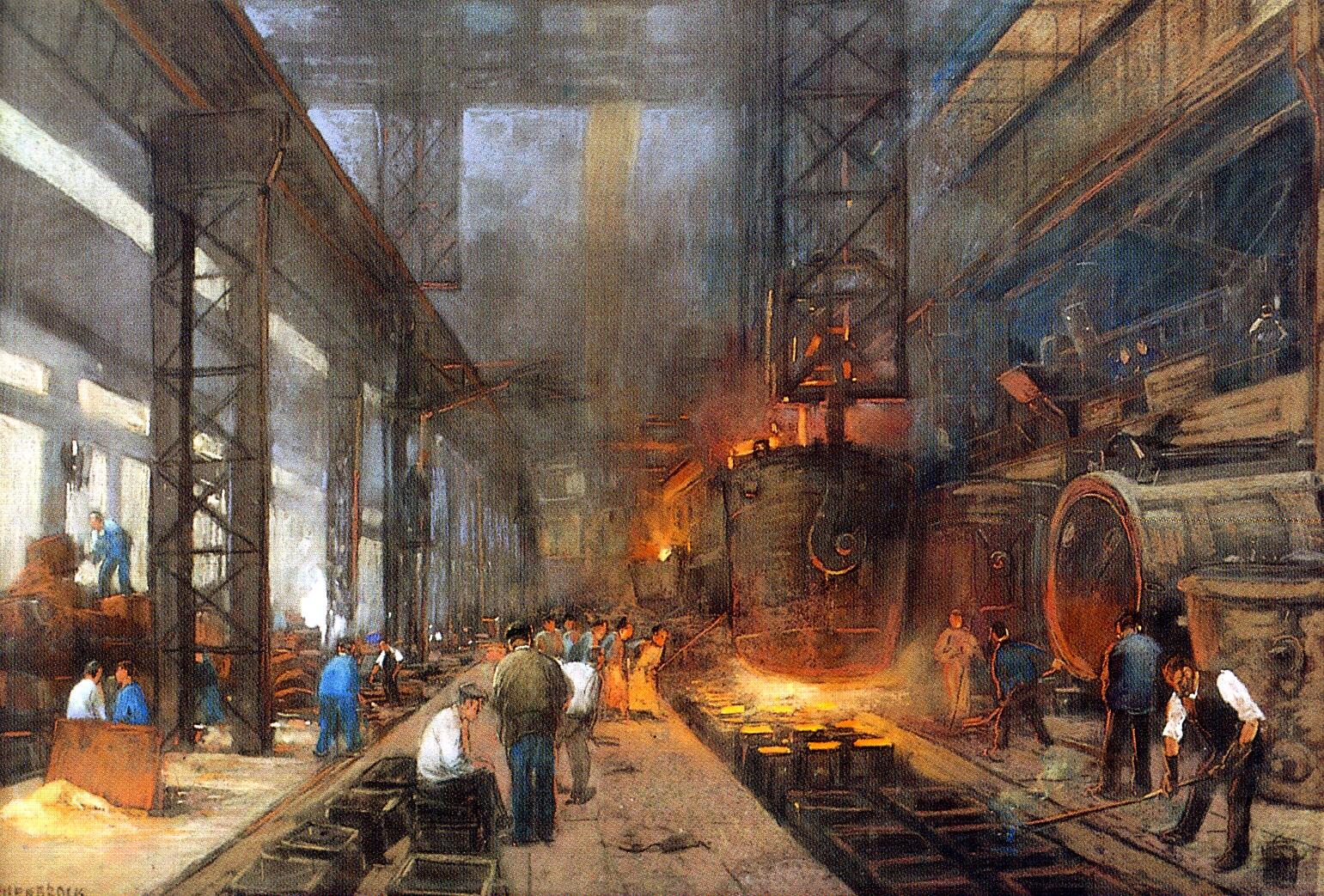
It changed these realms of everyday object production so much that reading it today feels lackluster. Textiles were “revolutionized”? The only reason this sounds less impressive than it is is because we now have such abundant machine production of just about any textile you can think of as a direct result of the advancements made in this era.
The societal changes were too numerous to list, but the main ones were: more food and medicines available, which allowed a higher population; more people moving to cities to work in factories; and more efficient transportation meant people and goods could travel long distances better than ever before.
from 100 million to 200 million people in the 18th century (estimated)
The revolution led to a second industrial revolution (aka the Technological Revolution) c. 1870 – c. 1914, which also included other parts of the world like North America and East Asia, and a third, known as the Information Age (1947–present).
Some would argue we have even entered a fourth revolution, but, as with many historical events, we won’t be sure until we can look back on it and make sense of it all in hindsight.
5. The American Revolution: 1765 - 1783
Between 1764 and 1765, the British government implemented three major acts in the newly formed American colonies: The Sugar Act, the Currency Act, and the Quartering Act.
Then, also in 1765, the Stamp Act raised taxes for several types of goods in the newly formed American colonies, including tea. It was the final straw for the New England colonists.
Nobody in Parliament represented the interests of the colonies; therefore, no taxes should be levied until a colonial representative sat in Parliament.
Colonists’ outrage was in both that their everyday items were being over-taxed and, more importantly, that these taxes were being levied without consent by the people in New England.
In a pivotal act of rebellion against the meddling British Crown, revolutionaries performed what has come to be known as the Boston Tea Party. Clashes between the British military and colonist militia became more violent, eventually leading to “the shot heard ‘round the world,” when the American Revolutionary War officially began.
6. The French Revolution & Napoleonic Wars: 1789 - 1815
The French Revolution, which began in 1789, was a period of radical social and political upheaval in France. The revolution overthrew the French monarchy, established a republic, and introduced the ideas of liberty, equality, and fraternity, which serve as France’s national motto today. The execution of King Louis XVI and the subsequent Reign of Terror under the Jacobins led to the establishment of a more democratic, though also more authoritarian, system of government.
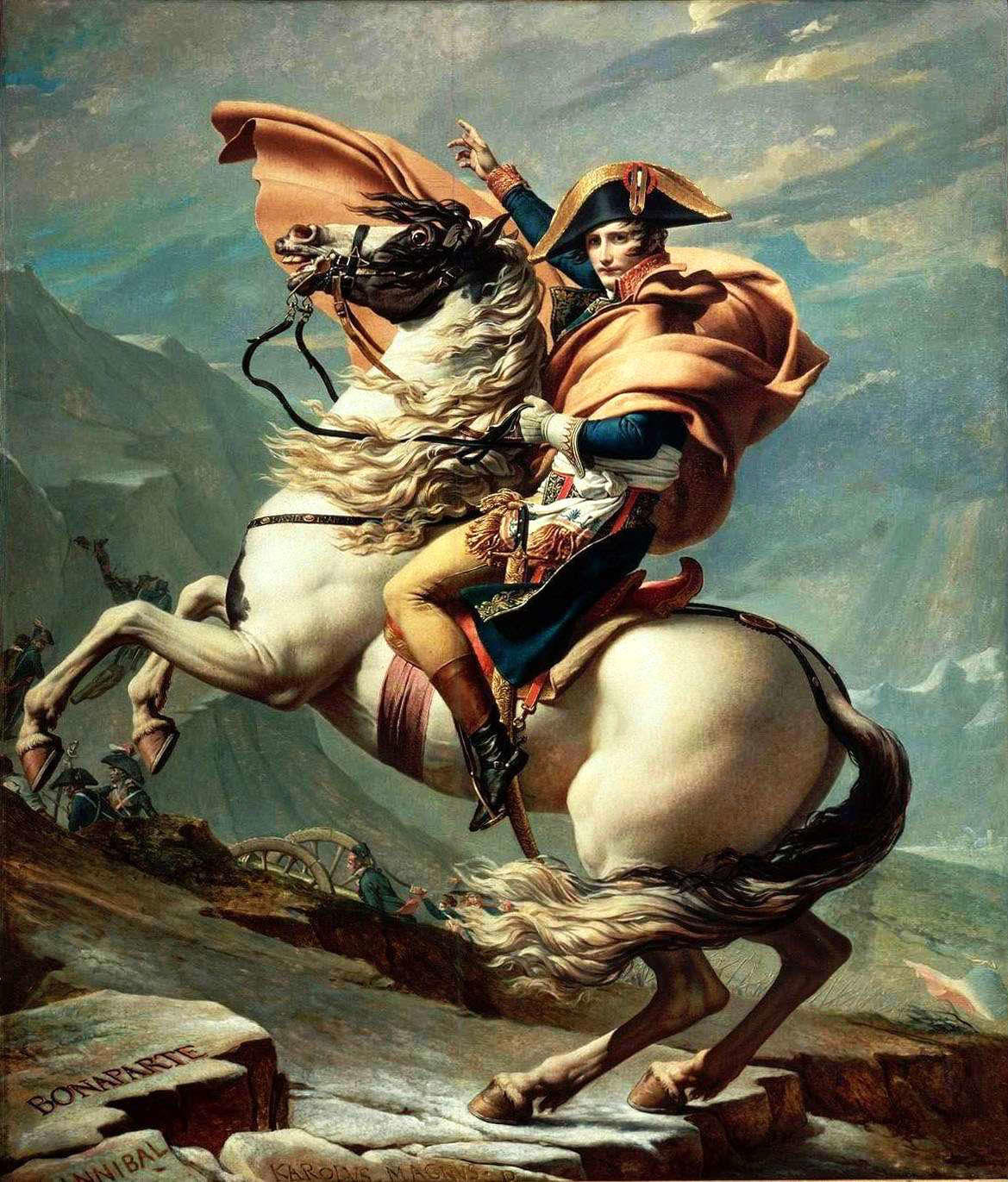
Napoleon Bonaparte had the opportunity to rise to military power because of the recent upheaval of the government.
The Napoleonic Wars, some of the most important events in history, led to the spread of revolutionary ideals, such as the abolition of feudalism and the establishment of meritocratic systems, throughout Europe.
The aftermath of these events brought about lasting significant changes in Europe including the decline of the Holy Roman Empire, the rise of Prussia and the Russian Empire, the weakening of the Spanish Empire, and the reorganization of Europe’s political powers as a whole, leading to the countries we know today.
7. The Gettysburg Address: November 19, 1863
Leading up to the Gettysburg Address, the United States had been engaged in a Civil War (which began on April 12, 1861, and would end on May 10, 1865).
While there were many reasons for the war, the biggest crux was about slavery and whether it should be allowed in a country that was built on the belief that “all men are created equal” (Declaration of Independence, US 1776).
The Civil War had many battles and resulted in nearly 625,000 soldier deaths. One of the bloodiest battles occurred in a field in rural Gettysburg, Pennsylvania, from July 1st to the 3rd, 1863, where an estimated 51,000+ people died.
Just four months later, Lincoln made his short speech in the ceremony to create a national cemetery at the Gettysburg battlefield, full of shallow graves from the battle.
Lincoln wrote the address sincerely for the dedication of a national cemetery on the Gettysburg field. It was not meant to be a critical political piece, and Lincoln was a last-minute addition to the dedication ceremony.
In the address, Lincoln succinctly puts forth the idea that the budding nation is at a breaking point, and it's up to every person in the nation to ensure that the “government of the people, by the people, for the people, shall not perish from the earth.”
Lincoln would later go on to sign the Emancipation Proclamation, which was intended to free all the Black slaves in the nation (though in effect it only freed some). The Proclamation set into motion the events that would lead up to the Civil Rights Movement a century later, where American society was still divided on how to integrate Black and white society.
Figures like Martin Luther King, Jr. and JFK were leaders in the movement at the time, which, while it didn’t eradicate racism in the US, made leaps and bounds in doing so. Even with the assassinations of JFK in 1963 and of MLK in 1968, the Civil Rights Era mounted many successes, such as the Civil Rights Act of 1964 and the Voting Rights Act of 1965.
The Gettysburg Address was a poignant moment in a tumultuous time that unexpectedly became one of the most memorable historic events in US history.
8. The Suez Canal: 1869
The Suez Canal was officially opened for international shipping on November 17, 1869. After 10 years of construction, the project connected the Mediterranean Sea with the Red Sea through the Isthmus of Suez. This man-made canal, which spans 120.11 miles (193.30 kilometers), serves as an important trade route linking Europe and Asia, creating the shortest maritime route between Europe and Asia.
Construction lasted from 1859 to 1869. It took ships about 40 hours to pass through the canal (today, it only takes about 11-16 hours), which is a lot shorter than the 26+ days it used to take to sail around the entirety of Africa.

This innovation greatly increased the efficiency of shipping, trade, and commerce. It paved the way for industry and economy, as well as creating new and delicate relations between nations.
In 2014, the Egyptian government began construction to extend and enlarge the Ballah Bypass by 22 mi (35 km) to accelerate the transit time through the canal. This expansion aimed to almost double the Suez Canal's capacity, increasing it from 49 to 97 ships daily.
9. World War I: 1914 - 1918
It was an alignment of coincidences that permitted young Gavrilo Princip, a Bosnian Serb, armed with a handgun, to assassinate the Archduke of Austria and his wife after the initial attempt to end their lives by grenade failed.
The Austro-Hungarian Empire gave Serbia an ultimatum: 48 hours to comply with their anti-Serbian-nationalist demands and allow Austro-Hungarian authorities to investigate the assassination, or else there would be war.
Serbia did not fully comply, so Austria-Hungary prepared for battle, but there were other threads being pulled under the surface.

Germany was backing Austria-Hungary, so Russia, backing Serbia, sent a military presence to the Russian-German border. France, backing Russia, sent troops to the French-German border. When fighting broke out in Serbia, Russia and France also mobilized against the Central Powers.
The British Empire’s involvement in the First World War came from the realization that isolation was neither politically, economically, nor strategically advisable.
Withdrawing from “Splendid Isolation”, Britain formed a conditional alliance with France and engaged in the conflict as part of the Allied Powers. On April 4th, 1917, the US also joined the battle, due to Germany’s many threats against the United States.
The war resulted in the Treaty of Versailles in 1919, which stated that Germany was to be extremely limited in its size and military capabilities as punishment for their actions in the war.
10. The Russian Revolution: 1917 - 1923
The Russian Revolution is actually two separate incidents that happened in 1917, but took root back in 1905, on January 22, also known as Bloody Sunday.
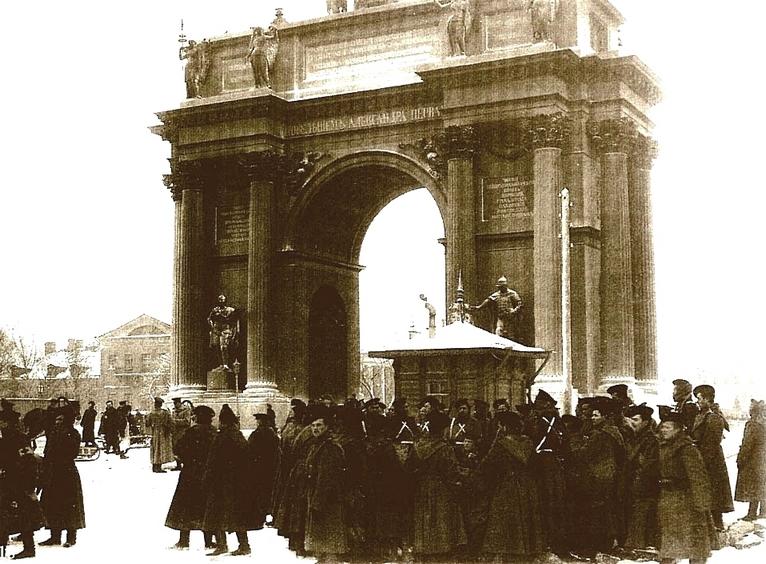
On that day, a peaceful march of about 200,000 Russian citizens approached the palace with the intention of delivering a petition to Tsar Nicholas II, requesting reforms.
They were met with gunfire from the Imperial Guard.
Between 200 and 1,000 people were killed, and thousands of others were wounded. The Tsar, once seen as a friend to the working class, had turned on his people.
Years later, when WWI broke out, the Ottoman Empire joined the Central Powers, cutting off Russian trade routes and further deepening the existing economic crisis. Also exacerbating poverty was the intense inflation caused by the government printing too much currency.
Perhaps the last insult Tsar Nicholas leveled was taking over military command in 1915. Instead of overseeing state affairs, he implied his generals were incompetent and led his troops through one defeat after another until his forced abdication on March 15th, 1917. The deep distrust of the government, combined with intense economic crises, set the stage for the Bolshevik Revolution in November 1917 and the beginning of the Russian Civil War.

11. The Third Reich: 1924 - 1929
Germany’s term for the Roaring Twenties was The Golden Twenties.
In spite of the staggering debt from World War I and the Weimar Republic government’s inability to control inflation, things started looking up after the introduction of a new currency.
Germany enjoyed this period in a philosophical sense. It afforded them a time of unprecedented liberalism and creativity, all of which served to boost the economy and citizens’ morale.
One man didn’t like it, though. From his jail cell in Munich, Adolf Hitler dictated his plan to build Germany back to power, in spite of the Treaty of Versailles.
He was jailed in 1923 for his failed coup attempt, the Beer Hall Putsch, and after his release in 1924, he gained a following by preaching nationalism, Pan-Germanic sentiment, and anti-semitism. He was convinced German citizens wanted exactly what he promised. Their roars of approval during his speeches validated his ideas.
A master of rhetoric, he drove public opinion in such a way that, by 1932, the Nazi party held the most government seats in the Reichstag. From there, it only took a bit of persuasion for President Paul von Hindenburg to appoint him to the chancery.
Two minor governmental adjustments later, Adolf Hitler was singlehandedly running Nazi Germany by 1934 when he declared himself Führer. He immediately began building up the military, allying with Fascist Italy and Totalitarian Japan to create the Axis Powers, annexing Austria and Czechoslovakia, all to defy the Treaty and become a superpower.
12. The Great Depression: 1929 - 1941
In the aftermath of WWI, the economy in many countries saw a boom like never before.
In the States, women’s rights and freedoms expanded, and a new structure of labor, with more comfortable job options other than factory labor, became the norm.
Fantastic innovations in industry and infrastructure allowed many to enjoy comfort, even luxury.
- Henry Ford pioneered the moving assembly line that permitted mass production of the automobile
- F.L. Maytag, formerly a farm implement manufacturer, built and marketed electric washing machines
- Innovations in technologies like refrigeration, telephones, radios, and more meant more jobs and more societal advancement
- Homeownership in America ballooned thanks to easy credit terms and low mortgage interest rates
But, after a while, people weren’t buying as much. After all, who needs multiple cars, refrigerators, and home appliances?
The stock market crashed on October 29th, 1929, shattering so magnificently that every single country in the world was affected.
Banks started failing; nobody was borrowing money. Interest rates stayed high, causing a ripple of mistrust among investors. They soon quit buying, too, but their purchases were far bigger and more speculative.
It was only a matter of time before the American economy burst under its unsustainable Capitalist financial imbalance.
And, just like that, the good times of the ‘20s were over. Around the world, people set in for years of hardship and hunger as the Great Depression set in.
People lost their jobs, their homes, and their savings. The banks crumbled as people rushed to withdraw their cash for safekeeping.

Poor farming practices combined with severe drought led to famine and an inhospitable Dust Bowl in the Great Plains. Memories of living in these famous historical events and conditions impacted generations of Americans, including their psychology and behavior.
13. World War II: 1939 - 1945
Finally rebuilt, Hitler led his troops in the invasion of Poland on September 1st, 1939. Thus began one of humankind’s darkest chapters: The Second World War.
In the war between the Allied Powers and the Axis Powers, much of the globe was affected by battle, disruptions in trade, and soldiers dying or returning with Shell Shock (PTSD).
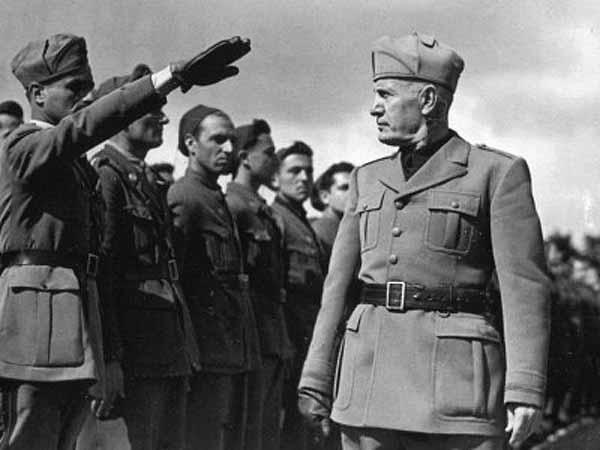
Not only was World War II devastating in terms of human suffering and disrupted economics, but it shaped world politics for decades to come. The Blitz, Operation Barbarossa, Pearl Harbor, and D-Day are some of the most remembered battles in the war.
The Holocaust, the Manhattan Project and the development of nuclear weapons, and the establishment of the United Nations are all direct results of the Second World War.
The war ended after the Soviet Red Army captured Berlin, Hitler committed suicide, and the United States devastated Japan with two atomic bombs in Hiroshima and Nagasaki. The dropping of the bombs is hands down one of the biggest historical events that changed the world – ever.
14. The Chinese Civil War: 1945 - 1949
The Chinese Civil War was intertwined with the Second Sino-Japanese War, World War II, and the Chinese Communist Revolution (and then the Cold War). See some of the most important highlights in the timeline leading up to the success of the Communists:
1911
Wuchang Uprising & Civil War
The Chinese Republic was formed, but the country was not united. Instead, it splintered into factions controlled by different warlords and the government. The common folk were plagued with violence, poverty, and famine. The Guomindong (Nationalist) and Communist parties were formed, each with a competing vision for re-establishing China.
1937
Japan invaded China in the 2nd Sino-Japanese War
Japan attempts to extend its territory by invading part of China. As a result, the Guomindong and Communist parties paused the Civil War to work together to expel Japan.
1939
WWII further wears China thin, but also brings new allies
China fights Japan on the ground. The USSR and the US become China's allies.
1945
China ousts Japan
After the atomic bombing on Hiroshima and Nagasaki, Japan surrendered the war. The Chinese Civil War resumes.
1949
Mao Zedong's Communist Party creates the People's Republic of China
The Communist Party, which was known by the Chinese people as the party that was working to give them food, housing, land, and dignity during the war, won via the communist revolution. Communism had a good reputation in China, especially because of the USSR's help during WWII. Meanwhile, Chiang Kai-shek's Nationalist Party was responsible for a peasant famine, redirecting supplies to soldiers at the expense of the commoners. Naturally, the people chose the leader who had treated them better.
The communists started advising other anti-colonialist, socialist movements, such as the one in Vietnam (directly affecting the Korean War and Vietnam War as well).
The average well-being of Chinese citizens improved and, by extension, made it possible for the flourishing China we see today. (However, it’s important to remember all the violence and political control imposed by China’s government on its citizens to get to where they are today.)
China’s modern political pull in technology, population, and economy kicked off less than 100 years ago. It’s now poised to make even more world-changing political and economic decisions; we’ll have to stay tuned to find out what happens next.
15. The Cold War: 1945 - 1991
Immediately following WWII, the Soviet Union and the United States entered into the Cold War. The US and the USSR each wanted to increase its sphere of influence across Eastern Europe; the US wanted to spread democracy and capitalism, and the USSR wanted things to stay more traditional.
So, while there was no outright fighting, the slow burn between the USSR and the US is undeniably one of the most important major events in history.
Winston Churchill coined the term “Iron Curtain” to describe the ideological and physical barrier between Eastern and Western Europe (communist and capitalist, respectively). The Iron Curtain notably divided Germany in two.
Both the Soviet Union and the US/the West worked to build an arsenal of nuclear weapons, and both also fought in proxy wars, which fueled distrust between the nations.
The USSR collapsed in 1991 after the fall of the Berlin Wall and became the Commonwealth of Independent States (CIS) headed by Russia. This is when the Cold War “ended,” only because the USSR no longer existed as an entity for the US to have a war. The repercussions of over 40 years of mutual distrust between nations have left a lasting aftertaste in the mouths of each region’s citizens.
16. The Launch of Sputnik 1: October 4, 1957
In terms of world history events, you can’t get more universal than humanity’s collective achievement in reaching a new frontier.
Although the Soviet Union was the first to get a satellite into space and win that leg of the Space Race, those in the astronautical teams of all countries were excited that someone had made the achievement.
While political figures might not have felt the same, the average earthly citizen was also amazed at the breakthrough, leading to a sense of global community (and a little fear).
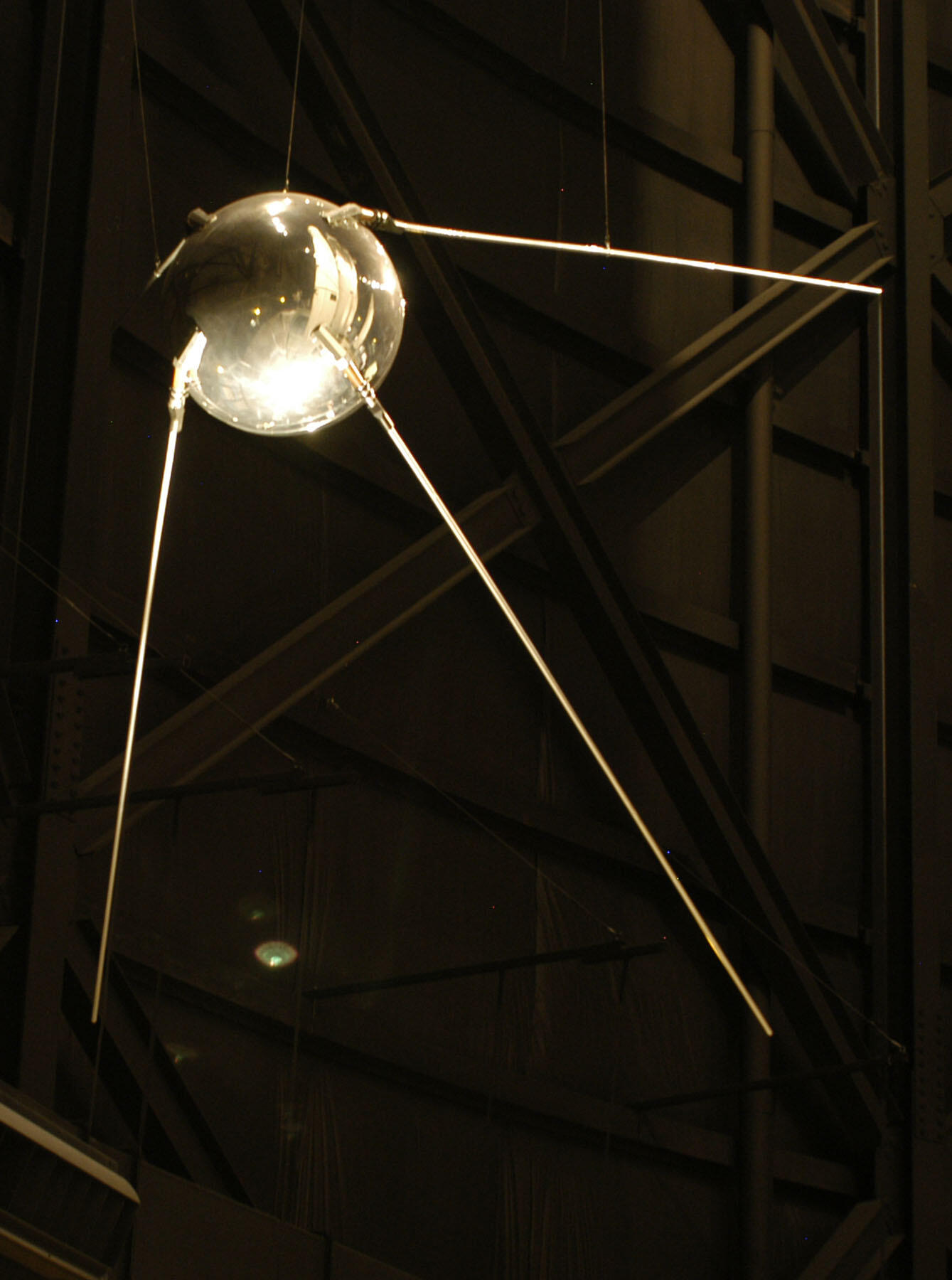
On the technical side, the successful space launch led to immense changes in the world. The first satellite spurred other countries (mostly the United States) to rapidly develop their space programs, and just a few years later, in 1969, man landed on the moon.
Satellite technology advanced from simple radio waves to things like international broadcast television, GPS, cellphone technology, and more.
17. The Birth of the Internet: 1965 - 1995
Between 1965 and 1995, the foundations of the Internet were laid. In 1969, ARPANET (Advanced Research Projects Agency Network), the first packet-switched network and a forerunner to the Internet, was established by the U.S. Department of Defense’s Advanced Research Projects Agency to link research institutions.
Ray Tomlinson invented email (electronic mail) in 1971, which became a fundamental application in the ARPANET network.
This period peaked with the emergence of the World Wide Web in the early 1990s, the introduction of the first graphical browser, Mosaic, and the Internet's commercialization and widespread adoption by 1995.
Since then, as you probably know, the Internet has evolved and changed more rapidly than any other technology. Because of its endless applications and pervasive integration in modern life, the Internet is without a doubt one of the most important events in history.
18. 9/11 - September 11, 2001
On an otherwise normal day in the United States, the world was suddenly turned upside down when a commercial airplane crashed into one of the Twin Towers of the World Trade Center in New York City.
Less than 20 minutes later, a second plane hit the second tower. Then, they collapsed.
Any suspicions of an unfortunate aviation accident were thoroughly quashed: this was a deliberate attack.
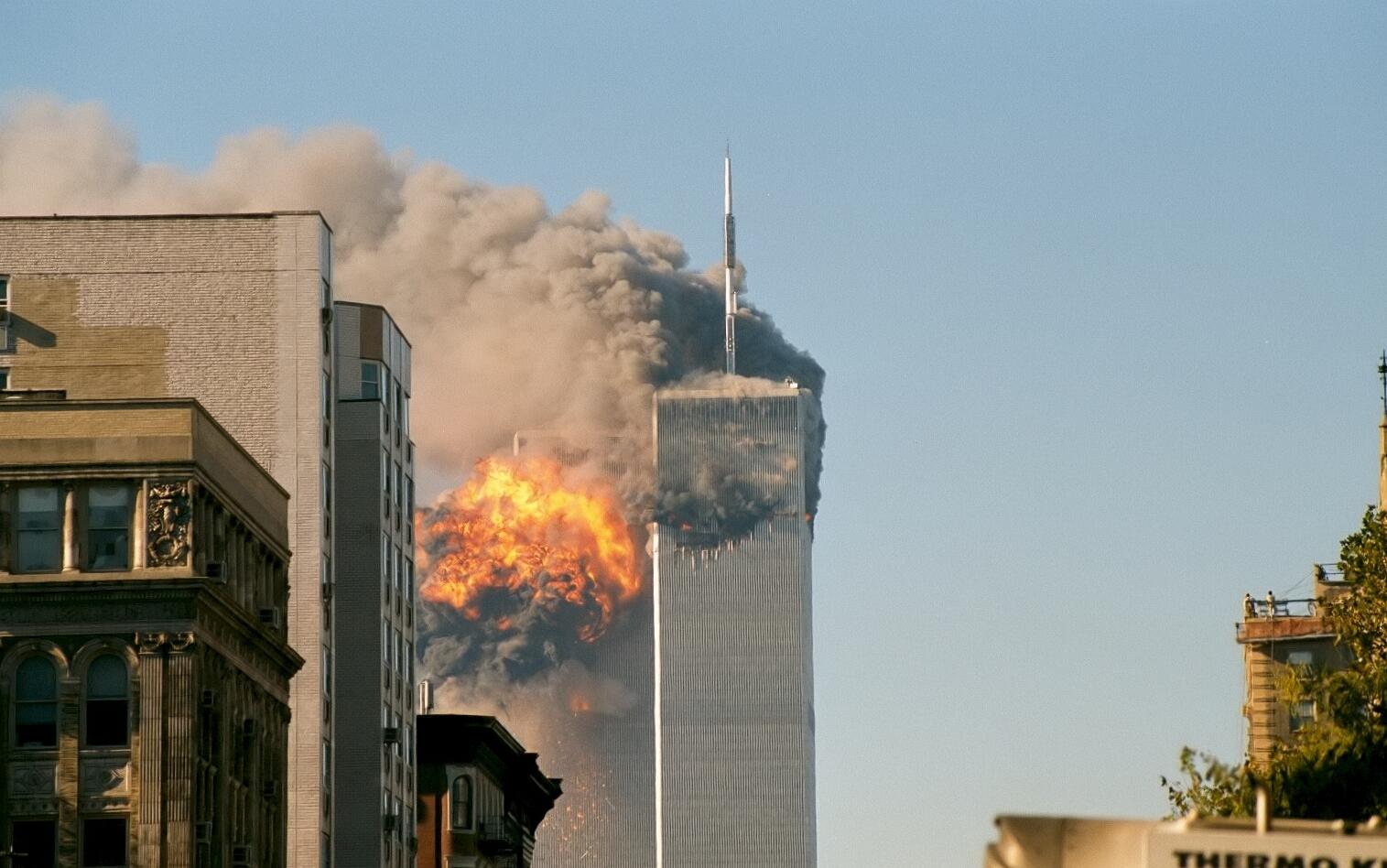
What followed was chaos, with thousands of casualties at Ground Zero, both people who had been working in or near the building and first responders.
There are many direct results of the attacks, but the most prominent are:
- The USA PATRIOT Act allowed the US government to surveil things like phone calls and emails in the name of discovering terrorist plots.
- The creation of the TSA has influenced rules in airports around the world regarding security measures.
- The US declared a "War on Terror" and invaded Afghanistan and Iraq.
Other impacts include an increase in anti-Muslim sentiment and a rise in American nationalism. The lasting effects of 9/11 have been far-reaching, informing the way the United States operates as well as how average Americans think and live.
19. The Arab Spring: 2010 - 2011
In the early 2000s, a series of pro-democratic uprisings swept across the Middle East and North Africa, which organizers hoped would be akin to turning over a new leaf, like the season of Spring.
The term “Arab Spring” is also a callback to the “Spring of Nations” in Europe in 1848, when many European countries were experiencing liberal, democratic revolutions, which resulted in lasting reforms.
The Spring began when 26-year-old Tunisian street vendor Mohamed Bouazizi self-immolated as a last resort and desperate protest against the thuggish local authorities and authoritarian regime of Zine El Abidine Ben Ali.
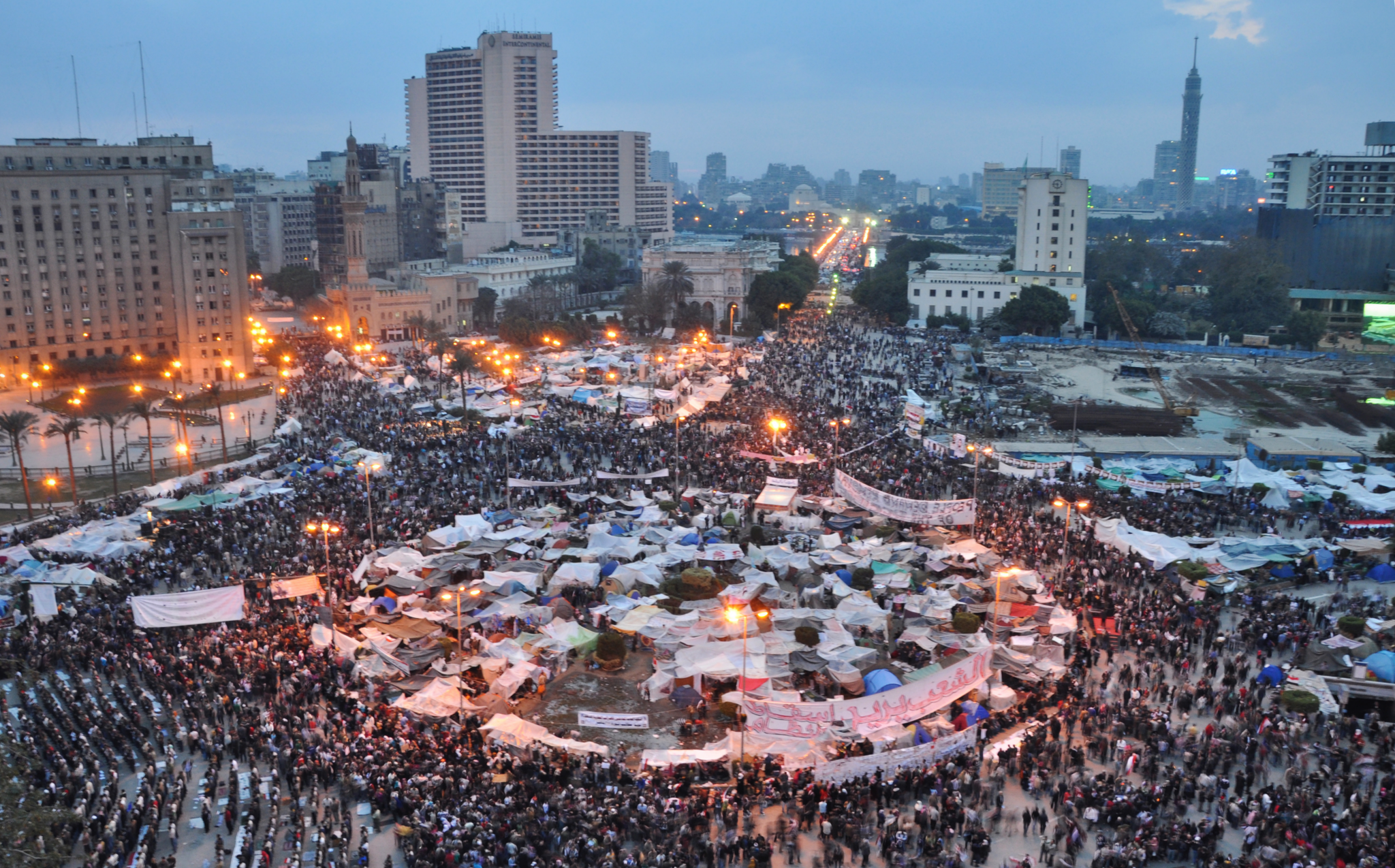
Inspired and outraged, Bouazizi’s action caused others to join in an uprising against the regime. While the desired effect of completely overthrowing dictatorships and installing democratic reforms has not yet been recognized, the Spring was a big step in shaking up the political landscape.
It’s likely there will be even more events directly tied to the Arab Spring in the coming years, where future historians will be able to draw the lines the same way we can between the historical events that happened over a hundred years ago.
20. The Paris Agreement: 2015
In the modern era, we have new challenges facing humanity that nobody hundreds of years ago could have ever anticipated. One of those challenges is climate change.
While we likely won’t know exactly what’s going on until decades in the future, when we can use the power of hindsight to see more clearly, many global leaders today agree that something is happening and we ought to try to do something about it. After all, the world came together in 1987 to adopt the Montreal Protocol and ban CFCs, effectively saving the ozone layer. Surely the world can do it again against destructive energy sources!
The Paris Agreement seeks to reduce greenhouse gas emissions mainly by replacing coal and petroleum as energy sources.
The going is slow, and the United States has withdrawn from the Agreement twice as of the time of writing.
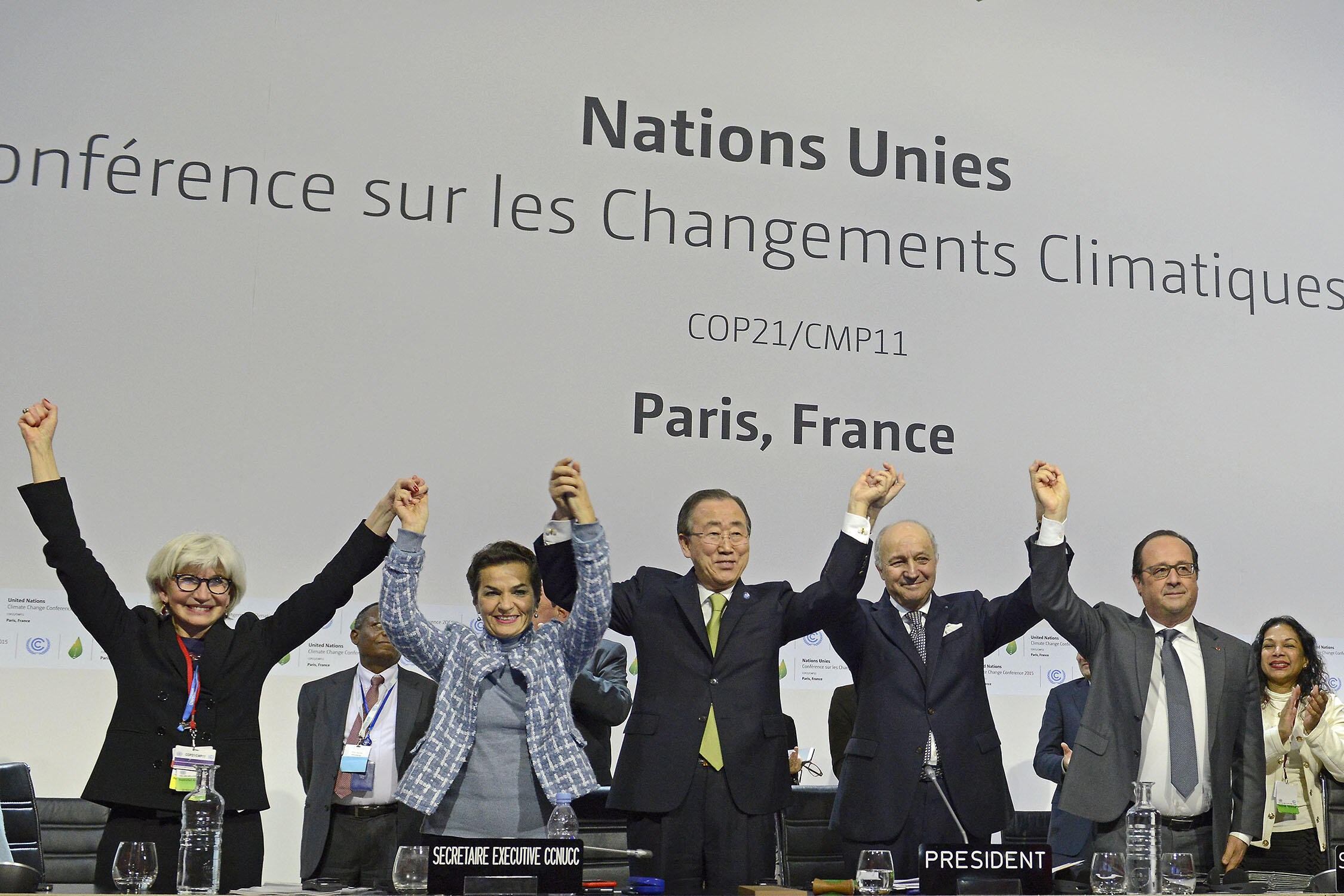
While the effects of this initiative have yet to be realized, it’s a huge point of concern in daily political life today. As the deadlines for emissions goals grow nearer, societies will see changes in the ways they run, such as where they get their energy for electricity. There will also likely be more legislation globally and in local governments regarding things like plastic waste in the near future.
These changes have and will shake things up in modern average life, but if everyone mentioned previously on this list could make it through their changing times, we can too.
Those who do not remember the past are condemned to repeat it.
George Santayana, Spanish philosopher and essayists
Is Brexit a reversion into Splendid Isolation? Is Donald Trump’s desire for a border wall a chilling repeat of postwar Berlin? Are Iran’s and North Korea’s nuclear build-up a warning sign of future Nagasakis?
Only time will tell but, hopefully, more people will look to history to avoid disaster on a global scale. While we can’t cover every instance of major historical events in the world, we hope that you are a little more informed about global history since reading this article!
Learn more about world history so you can be a more informed global citizen! Learn history of all sorts with a skilled, qualified history tutor on Superprof so you can better understand the world today.
References
- A Brief History of the Internet. (n.d.). In www.usg.edu. https://www.usg.edu/galileo/skills/unit07/internet07_02.phtml
- A Brief Overview of the American Civil War. (n.d.). In American Battlefield Trust. https://www.battlefields.org/learn/articles/brief-overview-american-civil-war
- HISTORY com Editors. (2010). The Gettysburg Address - Definition, Meaning & Purpose. In HISTORY. https://www.history.com/articles/gettysburg-address
- History of Europe - Renaissance, Art, Culture. (2025). In Britannica. https://www.britannica.com/topic/history-of-Europe/The-Renaissance
- How Sputnik Changed The World. (n.d.). In National Space Centre. https://www.spacecentre.co.uk/news/space-now-blog/how-sputnik-changed-the-world
- Industrial Revolution and Technology. (n.d.). In education.nationalgeographic.org. https://education.nationalgeographic.org/resource/industrial-revolution-and-technology
- Klein, C. (2022). China’s Overlooked Role in World War II. In HISTORY. https://www.history.com/articles/china-role-world-war-ii-allies
- OER Project. (2021). The Chinese Communist Revolution | World History Project. In YouTube. YouTube. https://youtu.be/pk-vWCV0HeU?si=ELhhaBlR_HYJ6pCb
- Paris Climate Agreement: Everything You Need to Know. (2025). In www.nrdc.org. https://www.nrdc.org/stories/paris-climate-agreement-everything-you-need-know
- Rebuilding the ozone layer: how the world came together for the ultimate repair job. (2021). In www.unep.org. https://www.unep.org/news-and-stories/story/rebuilding-ozone-layer-how-world-came-together-ultimate-repair-job
- Roos, D. (2019). 7 Ways the Printing Press Changed the World. In HISTORY. https://www.history.com/articles/printing-press-renaissance
- Suez Canal - Trade, Shipping, Economy. (2025). In Britannica. https://www.britannica.com/topic/Suez-Canal/The-economy
- The 100 Most Important Events in Human History. (2016). In Make Lists, Not War. https://beckchris.com/history/the-55-most-important-events-in-human-history
Summarize with AI:

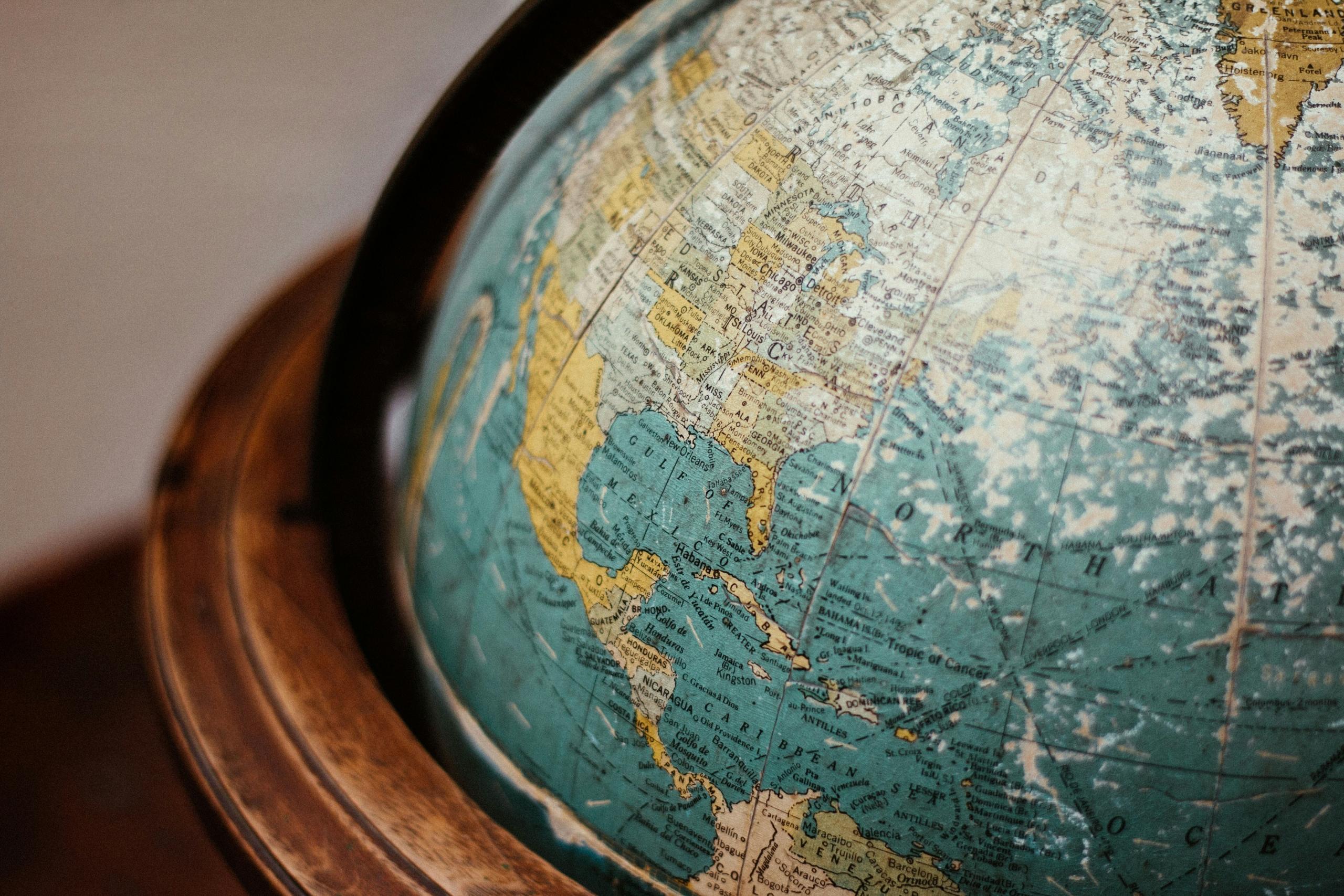














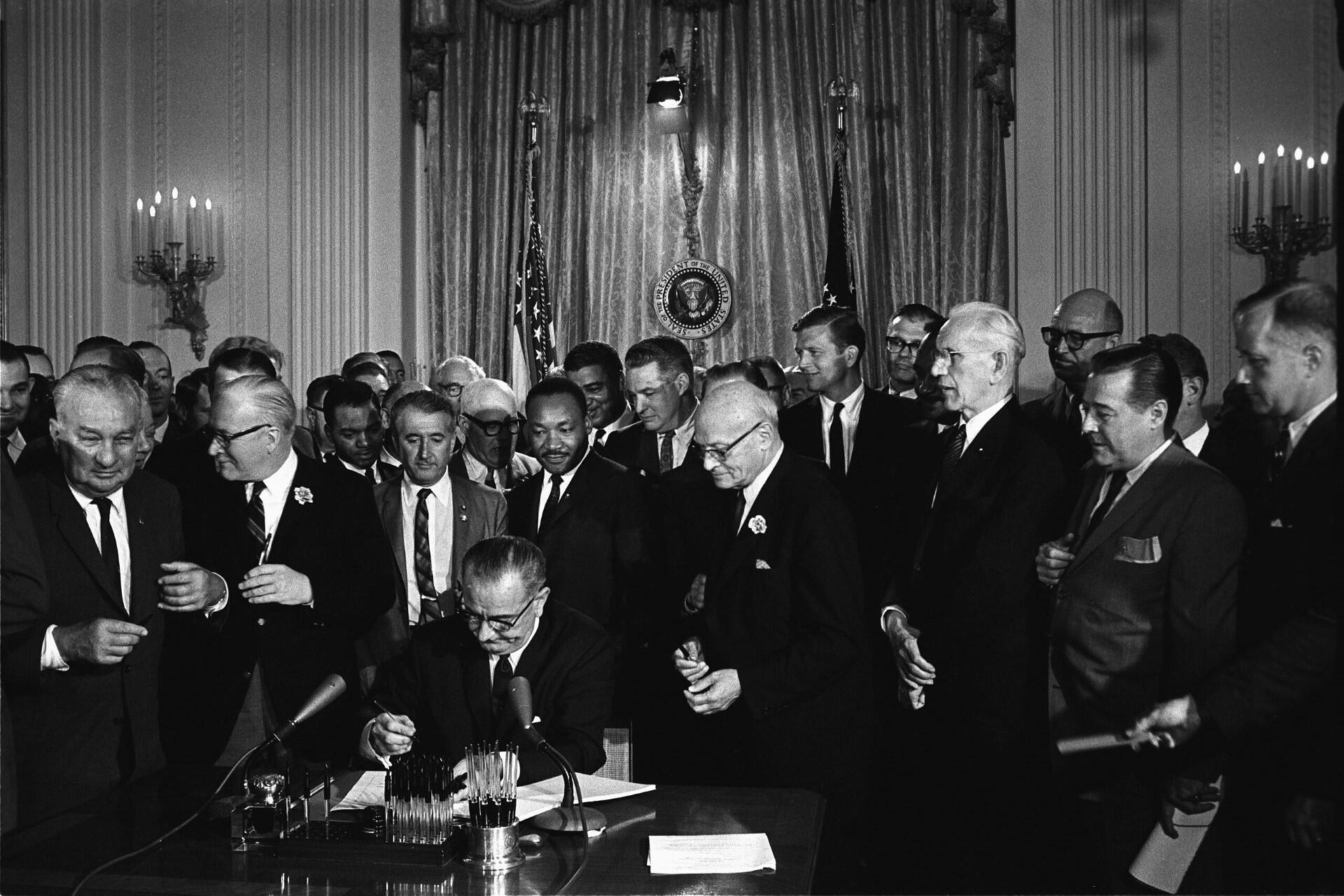


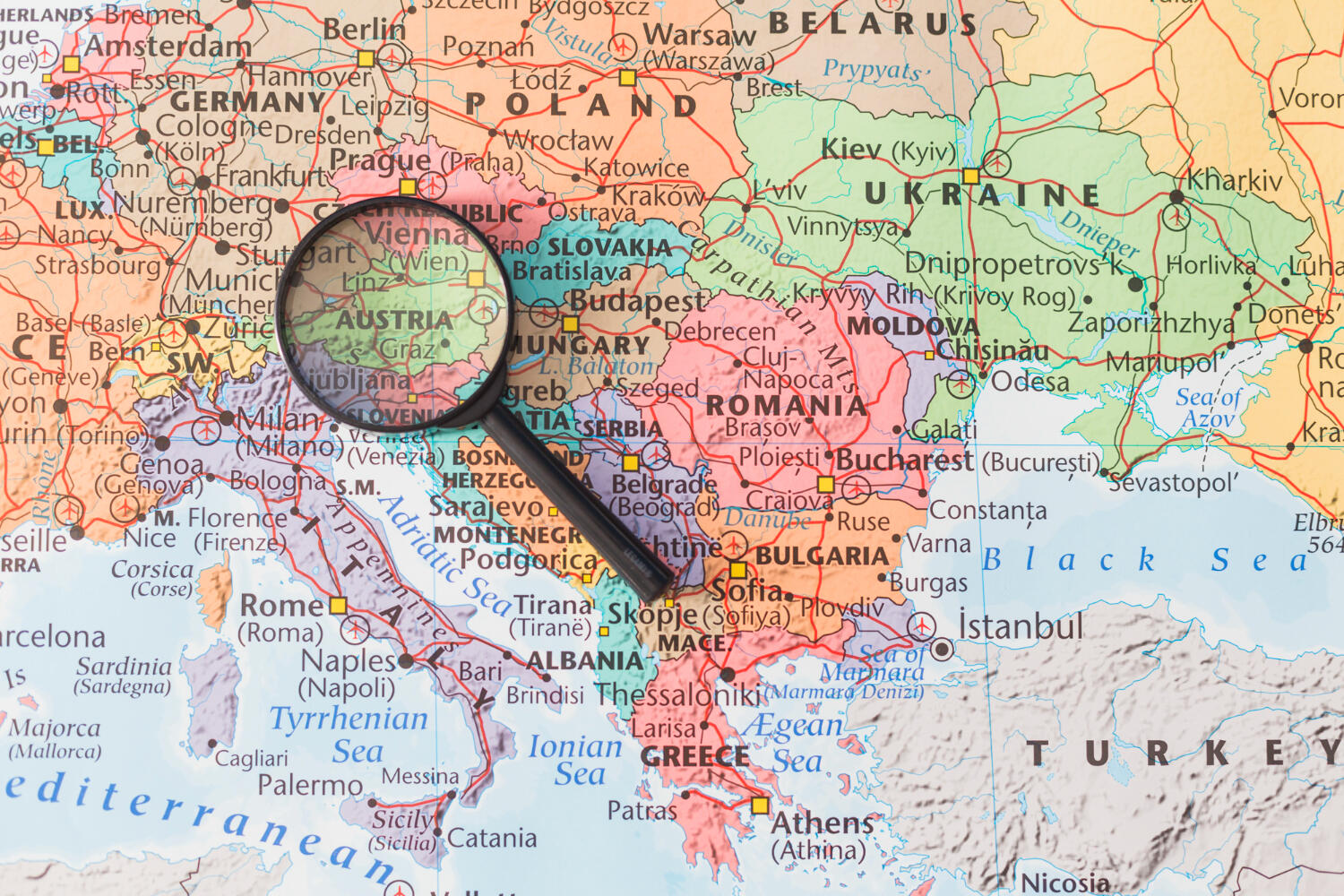
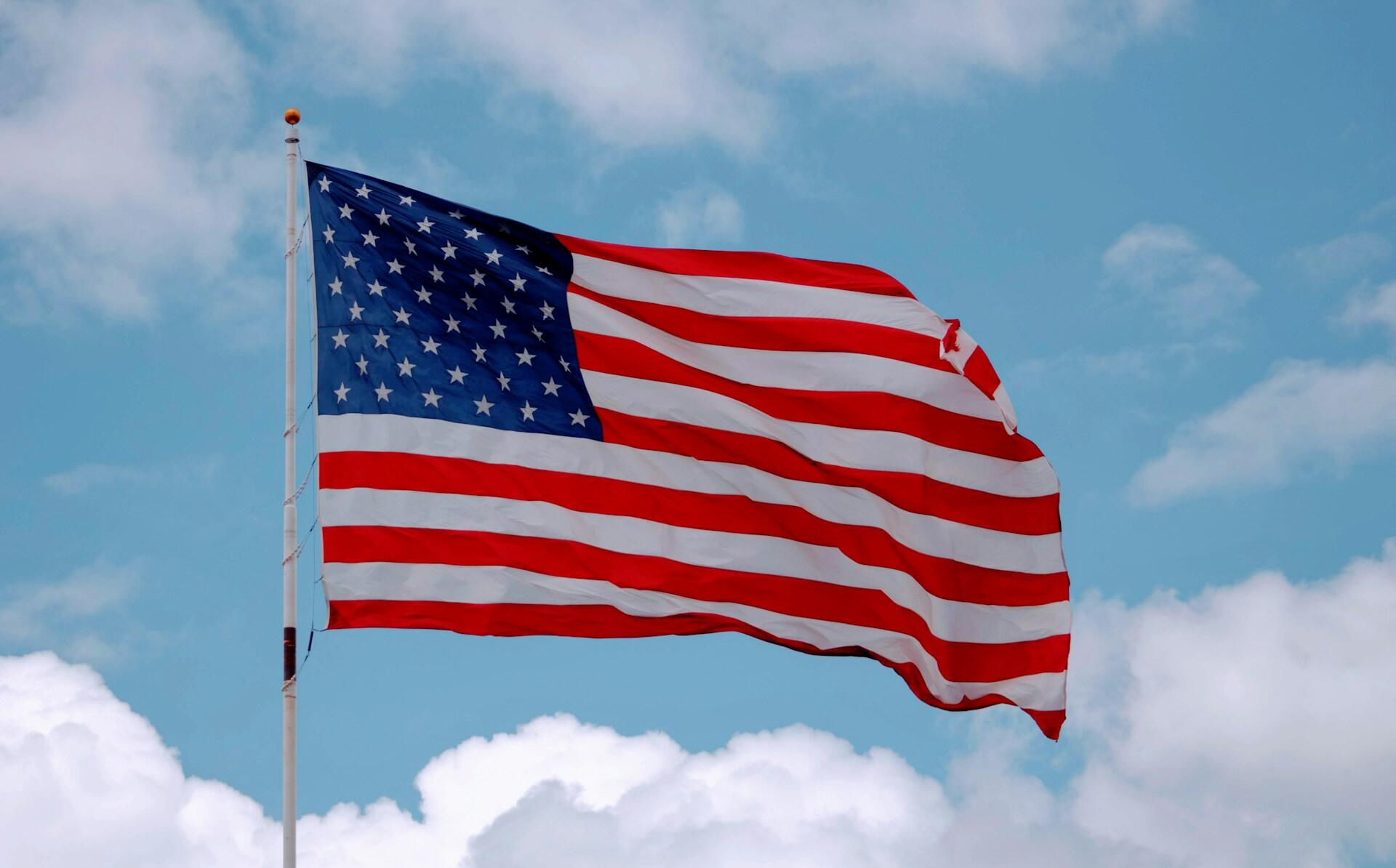
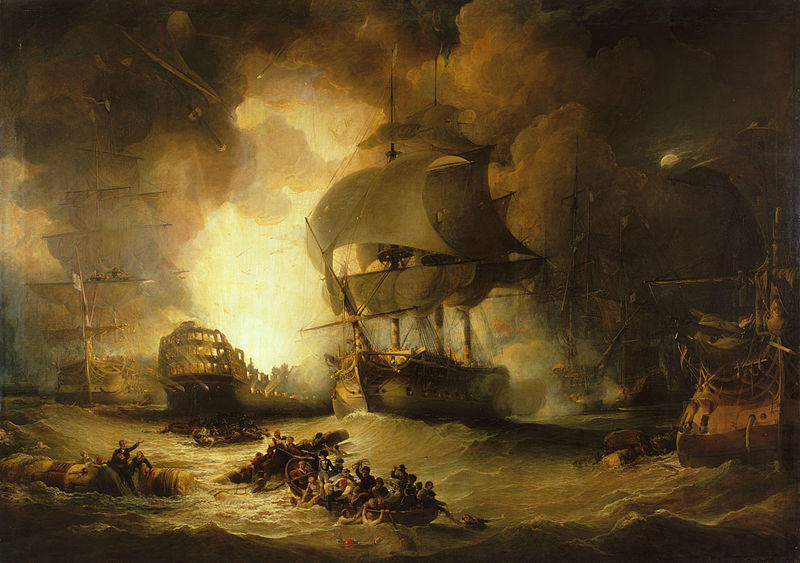
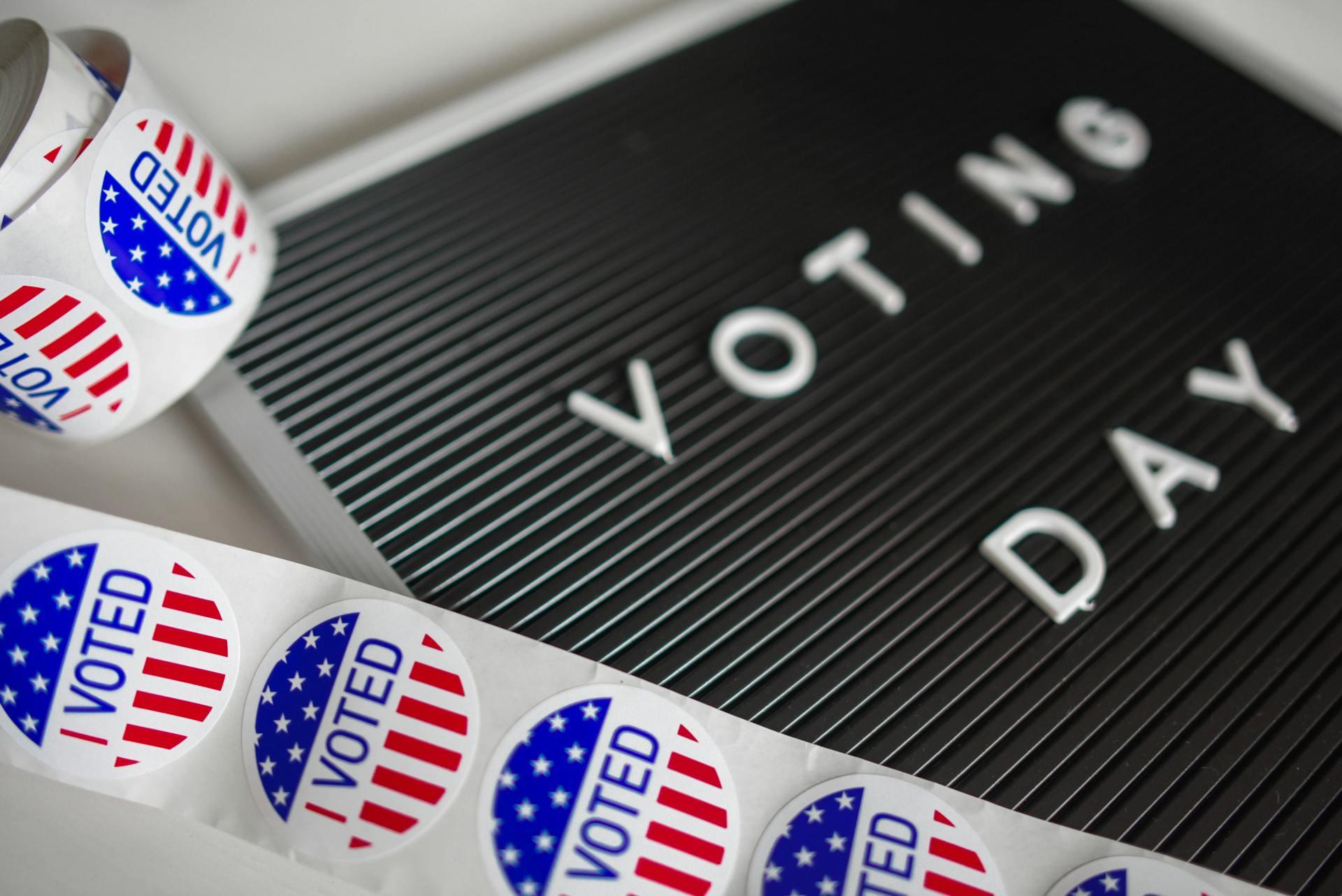
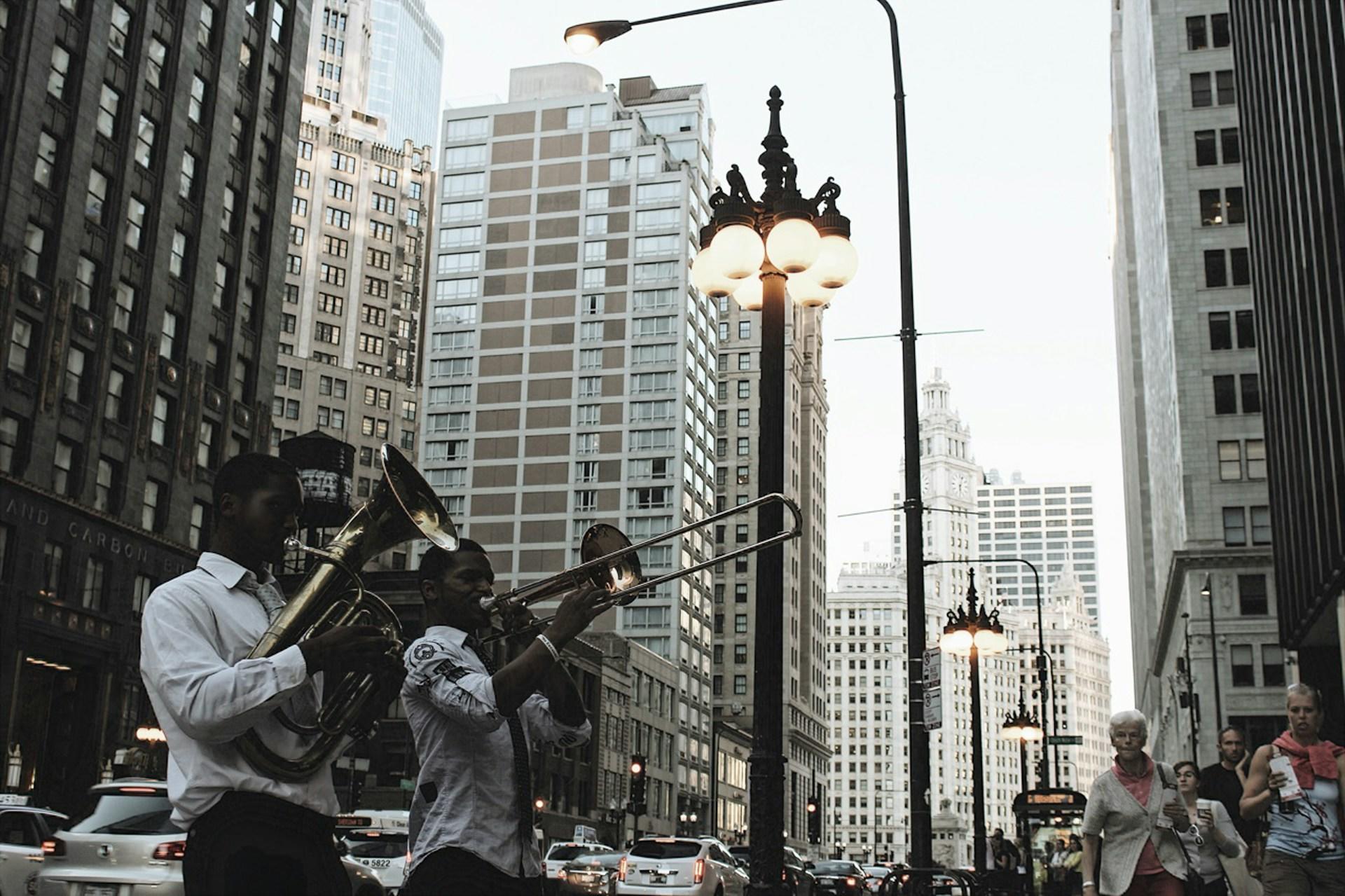

good
what about the titanic?
these are not helpful
I’m sorry you did not find this article helpful, Mia. If you would like additional help please reach out to one of our expert history tutors on Superprof.com!
Cool but what about romance?! And love.
It was a great review of some of the important historical events. As a lover of History I enjoyed it very much. Thankyou
Thank you for the positive feedback, Sat! 🌎📚
You left out the most important thing!
The birth of Jesus Christ!!!
Omitted from 9/11, article, the other crashes – Pentagon and Penn. Why?
Eisenhower was not president in 1969.
Hi Sue! Thank you for the catch in our mistake. The article has been updated to follow the correct timeline.
What about the signing of the Magna Carta? The basis of democracy?
Hello Esteban! Thank you for the input. Unfortunately we couldn’t list every important event in history, but we will keep that in mind for when we update the article.
This overview does a good job of showing how major historical turning points often hinged not just on ideas or leaders, but on the practical realities of how people lived and organized themselves at scale. From military campaigns to exploration and large infrastructure projects, the ability to set up temporary base camp environments with reliable sleeping accommodations, food preparation, and sanitation quietly shaped outcomes as much as strategy or technology. It’s a useful reminder that history is often driven by logistics and everyday human needs, not only headline events.
Thanks for putting together a thoughtful, accessible piece—holiday greetings, and wishing you a peaceful and reflective season.
Thank you, Andrea! We’re happy you enjoyed the article and the overview.
Thank you so much for your wonderful and insightful share! Every word is packed with valuable thoughts and practical tips that truly broaden my horizons. I’ve gained so much inspiration and will definitely put your advice into practice soon.
Excellent summary of events that give people around the world an overview of where we’ve been and w what we now must deal with.
Thank you for the comment, Dave!